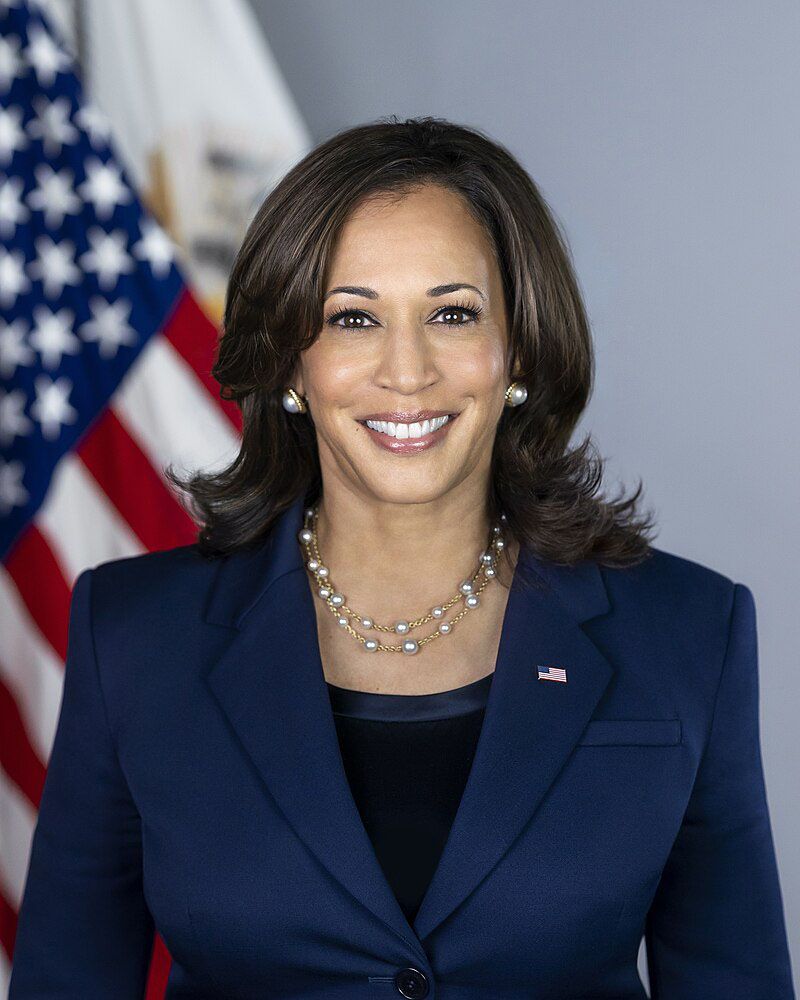The votes are in and Donald Trump will be the nation's 47th president.
His margin of victory is clear and there is no argument with the outcome. In winning on November 5th Trump joins Grover Cleveland as the only president to win non-consecutive terms. Trump's place in American history, already secure, is thus elevated to an even greater height. Kamala Harris also has a place in American history. As the first woman vice president she holds that position in the spotlight, regardless of her loss to Donald Trump.
Much thought and analysis is being devoted to Trump's win. Much thought and analysis is being devoted to Harris's loss. The election took place against the backdrop of an economy that looked good on paper. Inflation, interest rates and mortgage rates were all coming down.
In the case of inflation, the drop was from an uncomfortably high level and for all too many Americans the effect of this fall had yet to fully translate into lower prices. Much coverage is devoted to the state of "The Economy."
A good deal less is focused on the economic system and how it actually works for regular people, those who live from paycheck to paycheck, or those who don't even get to do that. Sometimes economic analysis in the modern era looks and sounds like contemporary baseball's dependance on analytics and algorithms.
The old school coach with the gut feeling about a player has been sidelined by computers. It's the same in politics. The numbers are trotted out, but few trot around to see what is actually taking place at street level.
Faced with high costs on the supermarket shelves, high rents, the prohibitive cost of buying a house, expensive and often unreliable healthcare, and the general feeling of unease and discontent that comes with such reality, there is always an opportunity for a party out of power to find a way back into power.
The Republican Party was not completely on the sidelines; it held a majority in the House of Representatives.
But economic factors certainly played a role in Donald Trump returning to the White House and Republicans gaining control of the Senate.
That's what many voters are signalling. But there have been other signals emerging as the smoke settles on Election '24.
There is a sense, and it is being openly expressed by not a few, that Kamala Harris came up against other forces than just discontent with the state of the economy.
There is a sense that she lost the election because she is a woman. Take this headline from a column in the Irish Times: "
A procession of flawed men has paraded into the White House and yet voters still demand that a woman candidate must be without fault." This is not some isolated view.
While we often hear about the "glass ceiling" that women have to contend with in business and other areas, perhaps we should be considering a wall made of glass, or indeed something stronger.
This wall is something that a woman has to somehow scale to make it into the Oval Office. And right now that wall is simply too high. Kamala Harris was certainly qualified to be president.
But it's a fair bet that many voters had doubts over her qualification because, well, she wasn't a man.
It would take a deep dive by researchers to come with evidence to support this claim, hunch, call it what you will. Doubtless some will undertake the diving in the weeks and months ahead. In the meantime, the question about women and the presidency will hang heavy in the later autumnal air.
Will there ever be a woman in the Oval Office? It's a fair and reasonable question.
This page is of the view that there will be at some point in the future. But how many elections must pass before this comes to pass? And, of course, focusing on just one party is narrowing future possibility.
The first woman president might be a Democrat, or could be a Republican.
For now, however, the president is a man.
Can we be entirely surprised?








